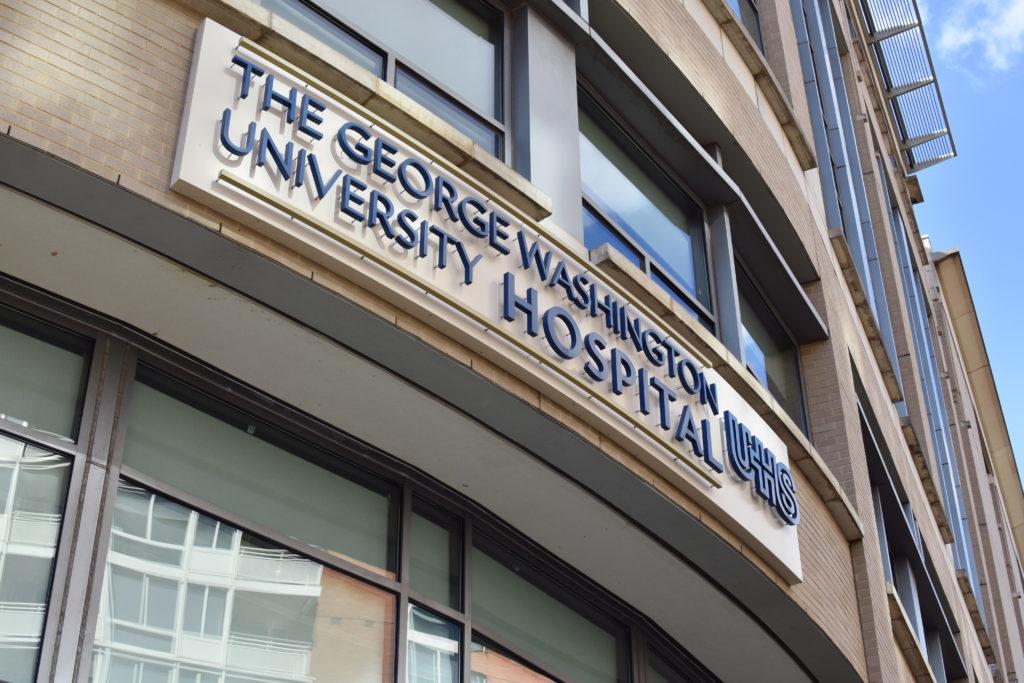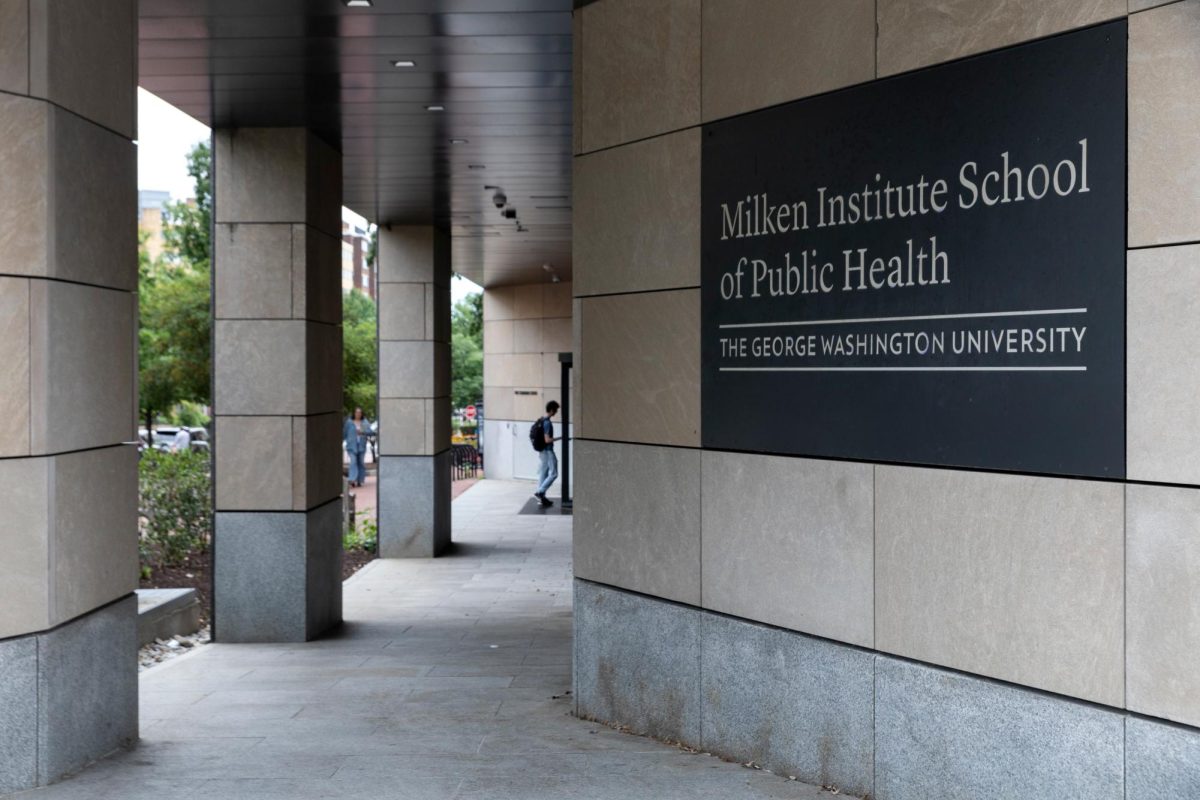Recent rankings of university programs place some GW areas of study among the best in the nation.
GW’s Law School and Graduate School of Public Health and Health Services both ranked in the top 25 for their fields by U.S. News and World Report. Other publications also ranked University programs among the nation’s best.
“Rankings are just one of many different validation points. We encourage students, faculty and staff to take pride in the ratings, but they should realize that it’s all part of a much bigger decision-making process,” said Tracy Schario, Director of Media Relations.
For the first time, Foreign Policy magazine surveyed scholars on the best places to earn a bachelor’s degree in International Relations. GW placed 10, followed by American University. Georgetown University ranked four, while Johns Hopkins University took the 19 spot.
“We’re delighted when you think about all the schools nationally that teach international affairs. We hope this makes people more interested in donations, scholarships and helps with the hiring of high-profile faculty,” said Kathleen Reilly, communications director of the Elliott School.
Reilly cited GW’s prime location in D.C., its strong faculty with expertise in a “broad range of issues, regions and topics,” as well as the dedication and professionalism of Elliott School students as reasons for the rankings.
Foreign Policy’s 2007 rankings placed GW’s International Affairs master’s program as seventh in the nation with Georgetown and Johns Hopkins in the first and second spots.
Business Week, which is ranking undergraduate business programs for the second year, pegged GW at 53 out of 93 rated programs. Last year, the school ranked 41 out of 61 schools. After surveying business majors from each school and recruiters in the field, Business Week evaluated the institutions for its teaching quality, facilities and services and job placement abilities.
GW’s academic quality score went up three spots to 20 in the 2007 rankings, and its job placement abilities were given a “B” rating compared to last year’s “C.” Teaching quality and facilities and services remained at their original scores of “C” and “B,” respectively.
“The increased ranking concerning job placement is good news since the business school has its own career center,” said Mary Gowan, associate dean for Undergraduate Programs at GW’s School of Business. “However, I recently attended a national undergraduate business symposium which questioned the validity of rankings,” she added.
U.S. News & World Report’s 2008 rankings of “America’s Best Graduate Schools” rated several of GW’s graduate schools within the top 25. GW Law School was ranked 22 out of 184 schools. For the third straight year, GW’s intellectual property program, which is part of the Law School, was ranked 3rd in the nation.
“GW Law is a top-tier school. I know it, our community knows it and others know it. … Even if rankings were crucial, I’m pleased that we continue to rank well within the top twenty in numerous important surveys,” Law School Dean Frederick Lawrence said in an e-mail.
GW’s public health program at the Graduate School of Public Health and Health Services was ranked 19, while the University’s MBA program went up eight spots to 62.
U.S. News & World Report ranked GW’s Graduate School of Education and Human Development as 28 out of 243 rated schools.
“We are pleased to remain among the top-ten private schools of education nationwide and among the top graduate schools of education overall,” said Mary Hatwood Futrell, Dean of GSEHD.
Last year, U.S. News and World Report pegged GW at 52 in a list of best national universities. The University has not placed in the top 50 in six years.






